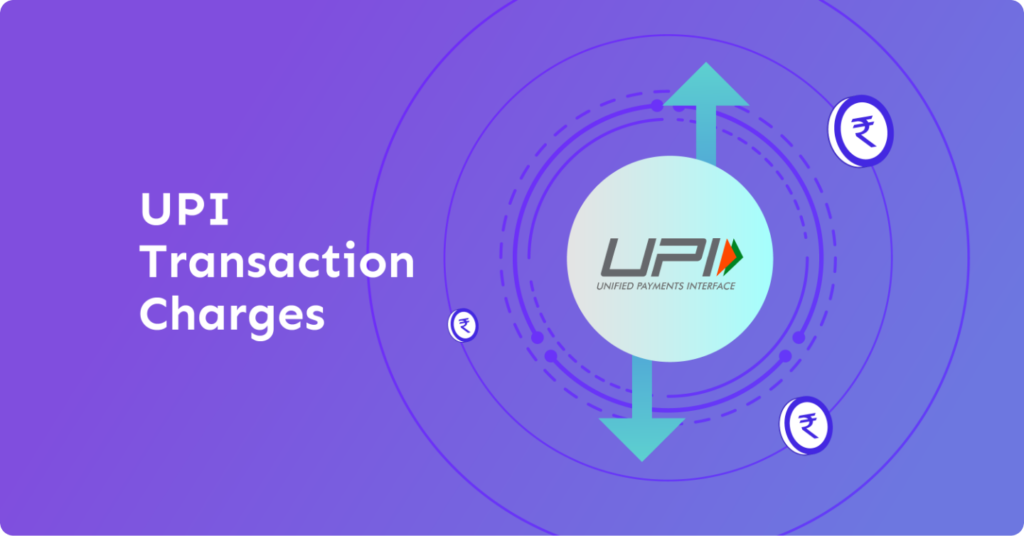Developed by the National Payment Corporation of India (NPCI), UPI enables real-time fund transfers between two accounts through mobile devices. Also known as Unified Payment Interface, this payment system makes it extremely convenient to make payments instantly and digitally. One of the compelling reasons for UPI’s immense popularity is that you don’t have to pay additional fees or charges for money transfers and payments.
The National Payments Corporation of India (NPCI) developed the Unified Payment Interface (UPI). UPI allows real-time transfers between personnel accounts, banks and merchant accounts through mobile devices. It also facilitates instant bank-to-bank payments, making online payments convenient and easy. It is the most preferred payment system in India.

What is a Prepaid Payment Instrument (PPI) in UPI?
The Prepaid Payment Instrument (PPI) in UPI means digital wallets that allow a person to store money and make real-time payments online. Wallets, smart cards, preloaded gift cards, vouchers and magnetised chips also come under PPIs.
Payments through PPI are made when a transaction is done via a wallet, like a PhonePe wallet, by scanning a UPI QR code. A few more examples of wallets are the Paytm wallet, SODEXO vouchers, Amazon Pay, Freecharge wallet, etc.
What are UPI’s Transfer Limits?
While UPI payments are fast, convenient, and easy, there is a limit to the amount and number of transactions you are allowed to make daily. As per NPCI, the maximum UPI transaction limit is Rs. 1 lakh daily. Educational institutions and healthcare facilities are provided a limit of Rs. 5 lakh per day.
The bank-to-bank transfer limit varies from Rs. 25,000 to Rs. 1 lakh based on the bank account linked with your UPI. The UPI transfer limit is set daily or monthly, depending on the bank.
UPI New Regulations
As per the new rule, an interchange fee of up to 1.1% on UPI transactions above Rs.2,000 made through PPIs, applicable from 2024.
Surcharge/Interchange fee on UPI payment
When UPI transactions are made through PPIs, such as wallets, interchange fees will be imposed. The interchange fee is associated with card payments and is charged to cover the processing, accepting and authorising transactions costs. This fee is similar to the merchant discount rate applicable to credit cards. It increases revenue for payment service providers and banks.
In UPI transactions, the interchange fees are transaction fees the merchant must pay when a customer processes a transaction. Thus, when a customer makes a payment through UPI using a PhonePe QR code at a store, the merchant should pay the interchange fee to the payment service provider, i.e. PhonePe.
The interchange fee is applicable in the range of 0.5-1.1% on different services. An interchange fee of 0.5% is applicable on fuel payments, 0.7% for the post office, telecom, utilities, agriculture and education, 0.9% for supermarket payments, and 1% for insurance, mutual fund, government and railways.
Will customers have to pay the interchange fee on UPI payments made via wallets?
Customers will not have to pay the interchange fees for UPI payments made through PPIs for Peer to Peer (P2P) and Peer to Merchant (P2M) transactions. P2P transactions mean transferring an amount between two individuals or individual accounts through UPI. P2M is where customers make payments through UPI to merchants for purchases.
One bank charges the interchange fee to another bank for processing a transaction. In the case of UPI transactions, the merchant bank (the business or person receiving payment) pays the interchange fee to the payer bank (the person making the payment).
Thus, the interchange charges only apply to PPI merchant transactions, and there is no charge to customers. Customers or users do not have to pay interchange fees for the UPI payments when the UPI is linked to a bank. Merchants will pay the interchange fee when the UPI is linked to the wallet. The interchange fee will also not affect customers who make UPI payments to family, friends, other individuals or the merchant’s bank account.
FAQs
Are there any charges for UPI transactions?
UPI transactions are free for users. There are no fees for sending and receiving money through UPI or bank transfer. Only merchants that accept payments from customers through digital wallets need to pay interchange fees.
Do banks impose transaction fees for UPI transfers between banks?
No, there are no transaction fees involved for UPI transfers between banks. The National Payments Corporation of India (NPCI) has facilitated seamless bank transfers through UPI without additional charges.
